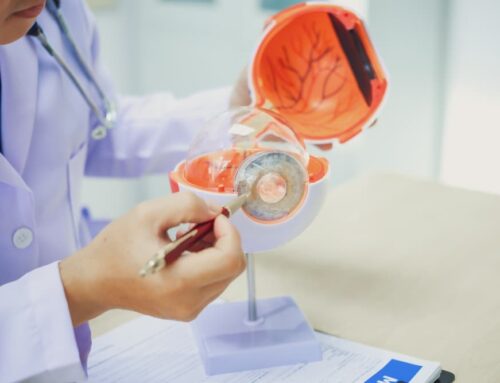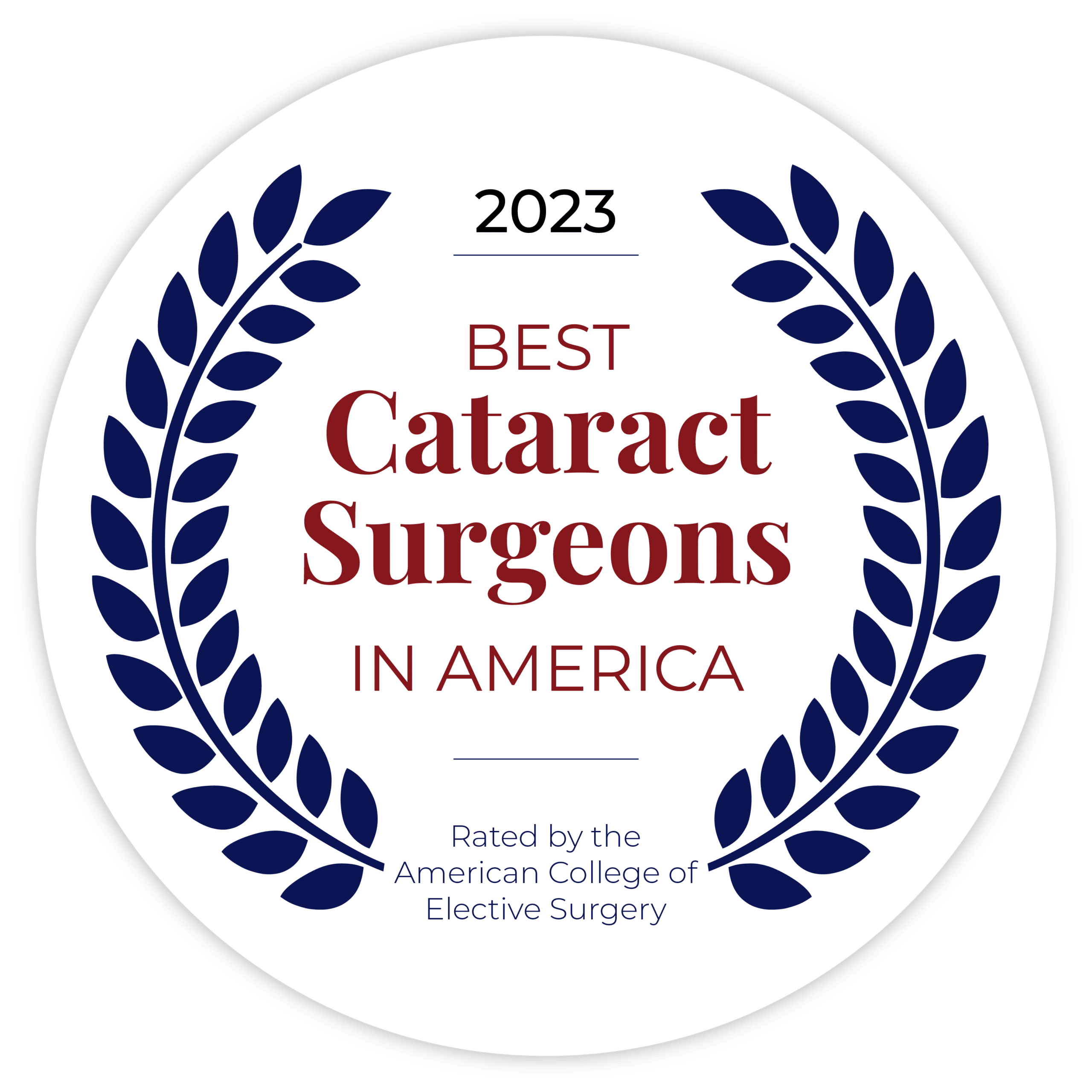If you’re preparing for cataract surgery, you may have come across a relatively new technology: the Light Adjustable Lens (LAL). These innovative lenses are gaining attention for their ability to be fine-tuned after surgery—a major departure from traditional intraocular lenses (IOLs), which are fixed once implanted.
So, what makes LAL different, and are light-adjustable lenses worth it compared to conventional options? Let’s look at how they work and weigh the pros and cons of Light Adjustable Lens technology.
How LALs Works
Unlike traditional IOLs, which have a fixed prescription chosen before surgery, the Light Adjustable Lens offers flexibility after it’s been implanted. Once the eye has healed post-surgery (typically within 2–3 weeks), the LAL can be adjusted using targeted ultraviolet (UV) light. This process allows your eye doctor to make small but precise changes to your vision—essentially customizing your outcome based on real-world vision experience rather than just pre-surgical measurements.
Most patients require 1–3 adjustment sessions, followed by a final “lock-in” UV treatment to set the lens permanently. These sessions are spaced a few days apart and are done in the clinic using a special UV light delivery device.
However, during this adjustment period, patients must wear UV-blocking glasses at all times (even indoors) to prevent unintended light exposure that could affect the lens. This requirement typically lasts several weeks, until the final lock-in is complete.
Pros of LAL
1 – Customizable Vision After Surgery
One of the biggest advantages of LAL is the ability to fine-tune your vision after the surgery. For many patients, it’s difficult to know what prescription will provide the best results until they start using their new lenses in daily life. With LAL, you get a chance to experience and tweak your vision before committing to a final result.
2 – Greater Accuracy and Reduced Need for Glasses
Because adjustments are based on your actual post-surgical vision (not just estimates), the end result is often more accurate than with traditional lenses. Many patients achieve 20/20 vision or close to it, with reduced dependence on glasses or contacts for both distance and near vision.
3 – Non-Invasive Fine-Tuning
Unlike other corrective options that might involve additional procedures or surgeries, LAL adjustments are non-invasive. The UV light used to reshape the lens doesn’t require incisions or physical manipulation of the eye.

Cons of LAL
1 – Higher Cost and Not Usually Covered by Insurance
The LAL is more expensive than standard IOLs, often costing several thousand dollars per eye. Additionally, because it’s considered a premium lens, it’s not typically covered by insurance, including Medicare.
2 – Requires Multiple Follow-Up Visits
While some patients may be fine with just one adjustment, most require several visits over several weeks. This might be inconvenient, especially for those who live far from their eye care provider or have a busy schedule.
3 – UV Light Sensitivity and Eyewear Requirements
For the duration of the adjustment phase, patients must wear UV-protective glasses at all times, indoors and out. While some patients get used to this quickly, others find it restrictive or uncomfortable. There’s also a risk of unintended UV exposure if the glasses are removed, which can lead to suboptimal vision outcomes.
4 – Not Suitable for All Patients
LAL isn’t recommended for everyone. Patients with certain eye conditions, such as advanced glaucoma, retinal diseases, or those who are unable to commit to the required follow-up care, may not be ideal candidates. Your ophthalmologist will determine if the lens is a good match for your unique eye health and lifestyle.
Ready to Explore Your Options?
If you’re considering cataract surgery or exploring advanced vision correction options like the Light Adjustable Lens, Eye Care Professionals in Reno, NV, is here to help. Our experienced ophthalmologists provide personalized consultations and cutting-edge treatments to help you achieve the best possible outcomes. Contact us today!











